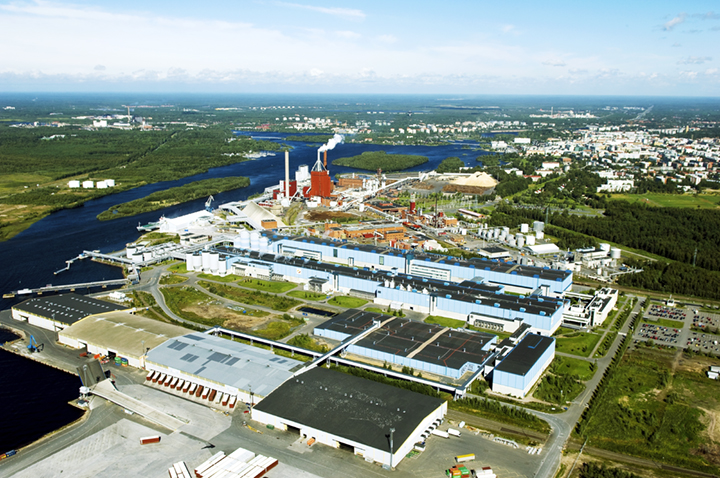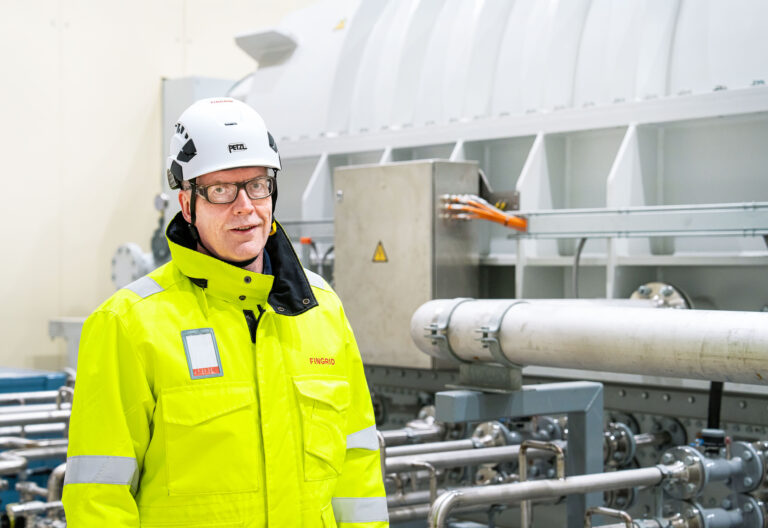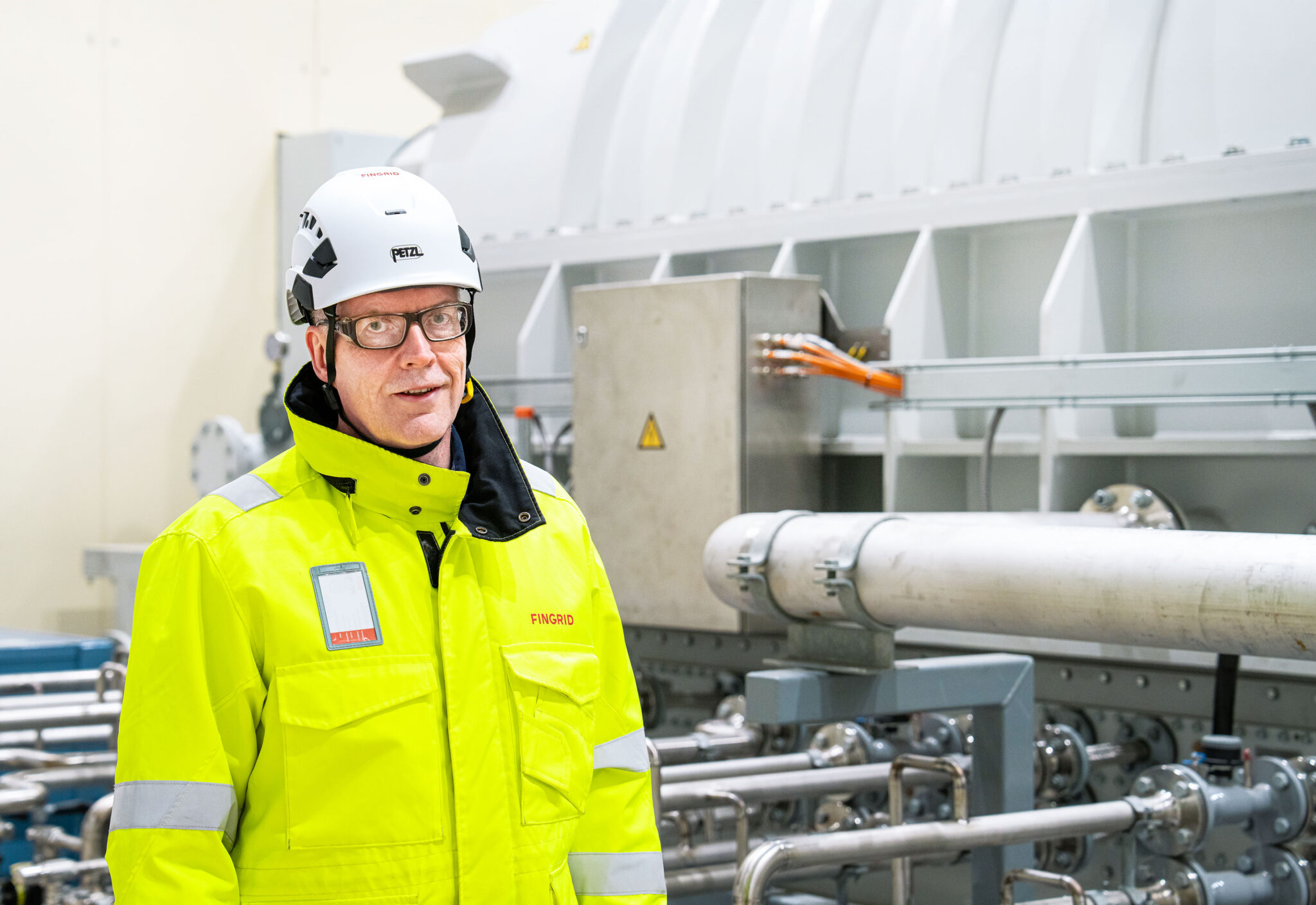 Utilisation of renewable materials has quite a central role when we consider how to deal with global challenges, which include the climate issue,” says Esa Ukkonen, who is the Director of Energy for Stora Enso Finland.
Utilisation of renewable materials has quite a central role when we consider how to deal with global challenges, which include the climate issue,” says Esa Ukkonen, who is the Director of Energy for Stora Enso Finland.
This statement underlines the change in the forest industry that has taken place in recent decades and continues to accelerate even today. As paper consumption decreases and concerns about the climate grow, forest companies have rebuilt their relationship with the markets as well as the surrounding society and nature.
“We have evolved from being a manufacturer of traditional forest industry products to a renewable materials company,” says Ukkonen.
One of the guiding themes of Stora Enso is the idea that everything that is made from fossil fuels today can be made from wood tomorrow. In particular, developing technology has opened up nearly unlimited opportunities for using cellulose. For example, Stora Enso is investing in the manufacturing of dissolving pulp at its Enocell Mill near Joensuu. In the textile industry, dissolving pulp can replace cotton – which is problematic from an ecological standpoint – and plastic-based materials, such as polyester.
“Megatrends like urbanisation and the related factors can also represent new opportunities. Among other things, renewable materials provide climate-friendly solutions for construction.”
Massive investments
The scale of a company like Stora Enso is huge. When an industrial company that operates in more than 30 countries adapts to modern requirements, it invests hundreds of millions of euros. At this time, for example, the company is examining the feasibility of converting its Oulu paper mill to a packaging board mill – at a price of 700 million euros. Such decisions are not made quickly or based on flimsy principles.
“We have a large number of different plans and projects in the works at all times, and many factors affect whether they are implemented or not,” explains Ukkonen.
In recent decades, Finland became accustomed to hearing news about the closure of forest industry units, but the bio-industry boom has brought large investments back to the country. In addition to the availability of raw materials, a stable political environment and infrastructure are important enablers of this change.
“Of course, one of the criteria for considering an investment is the fact that the operating environment must be predictable and reliable. Although there may be a lot of variables, long-term cooperation and dialogue with, for example, the transmission system operator plays a key role. Main grid system security and the long-term cost efficiency of electricity transmission are among the key factors when planning an investment,” states Ukkonen.
System security is vital
Stora Enso is an electricity heavyweight – it has several large production units around Finland and several main grid connections.
Large industry has one overwhelmingly important requirement for the main grid: cost-efficient system security.
“The adequacy of electrical energy and also electrical power is among the most important prerequisites for industry – now and in the future,” summarises Ukkonen.
The need to control climate change has made ensuring main grid system security quite a hot topic as the amount of wind power production connected to the grid has significantly increased. However, Ukkonen emphasises that Stora Enso supports the reduction of carbon dioxide emissions.
“Of course, we also recognise the challenges associated with forms of renewable electricity and energy production that vary in terms of their electrical energy and power output. In the future, we hope that Fingrid, as the transmission system operator, will take an even stronger role as a leader. As a large producer and user of bio-based energy, we also have a major role in meeting the climate obligations set for Finland.”
Ukkonen is a member of Fingrid’s grid committee, which focuses on developing the main grid, and he considers it an important cooperative body.
“The participants all have their own special characteristics and the dialogue is productive.”
Stora Enso Oyj
- A public corporation, the State of Finland is the largest owner
- Founded in 1998 in a merger of Stora AB and Enso Oyj
- Turnover was approximately 10 billion euros in 2017
- New products and services accounted for 7% of turnover in 2017
- Has 8 large mills in Finland that are connected to the main grid either directly or via their own transmission line.








